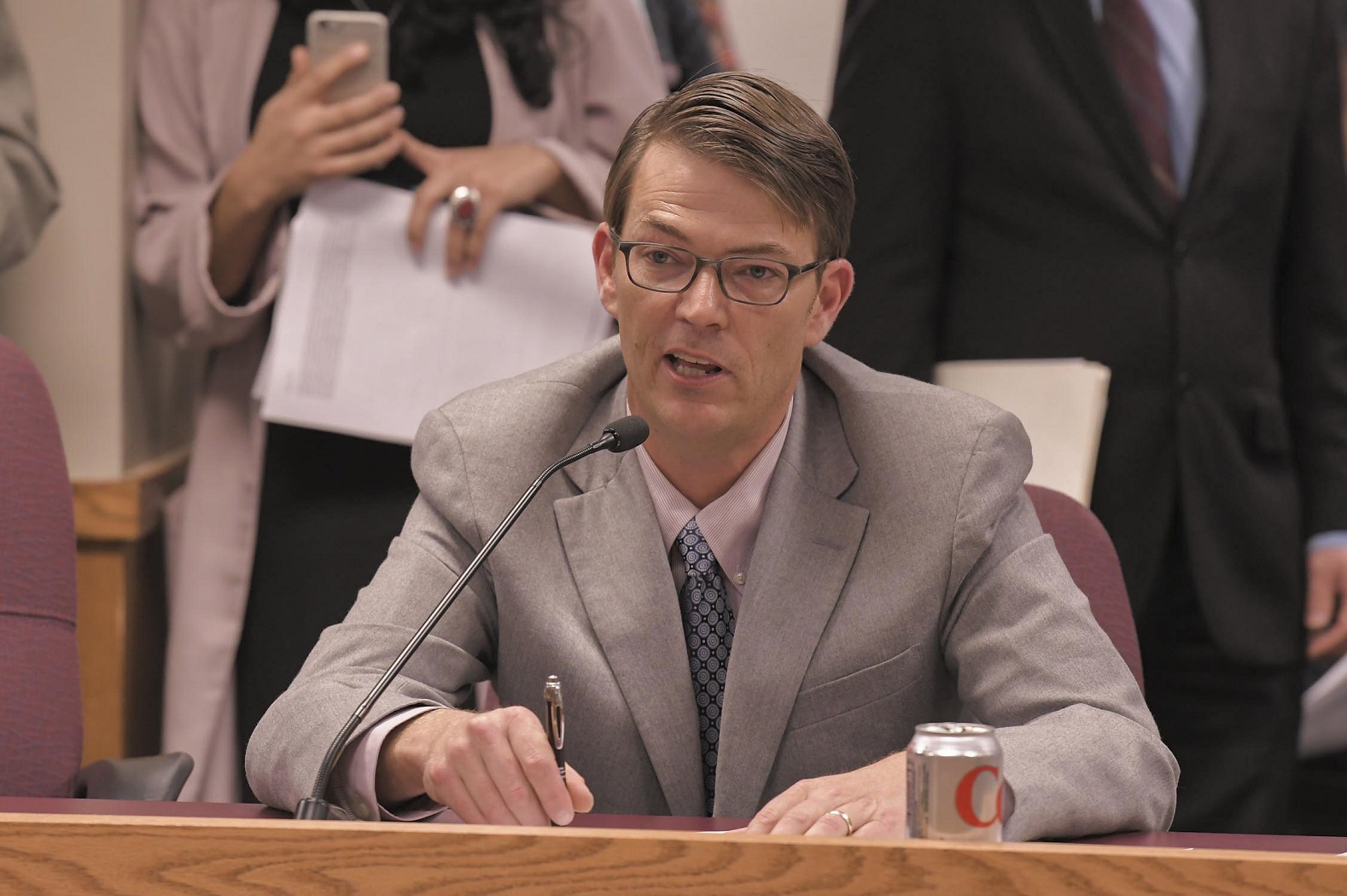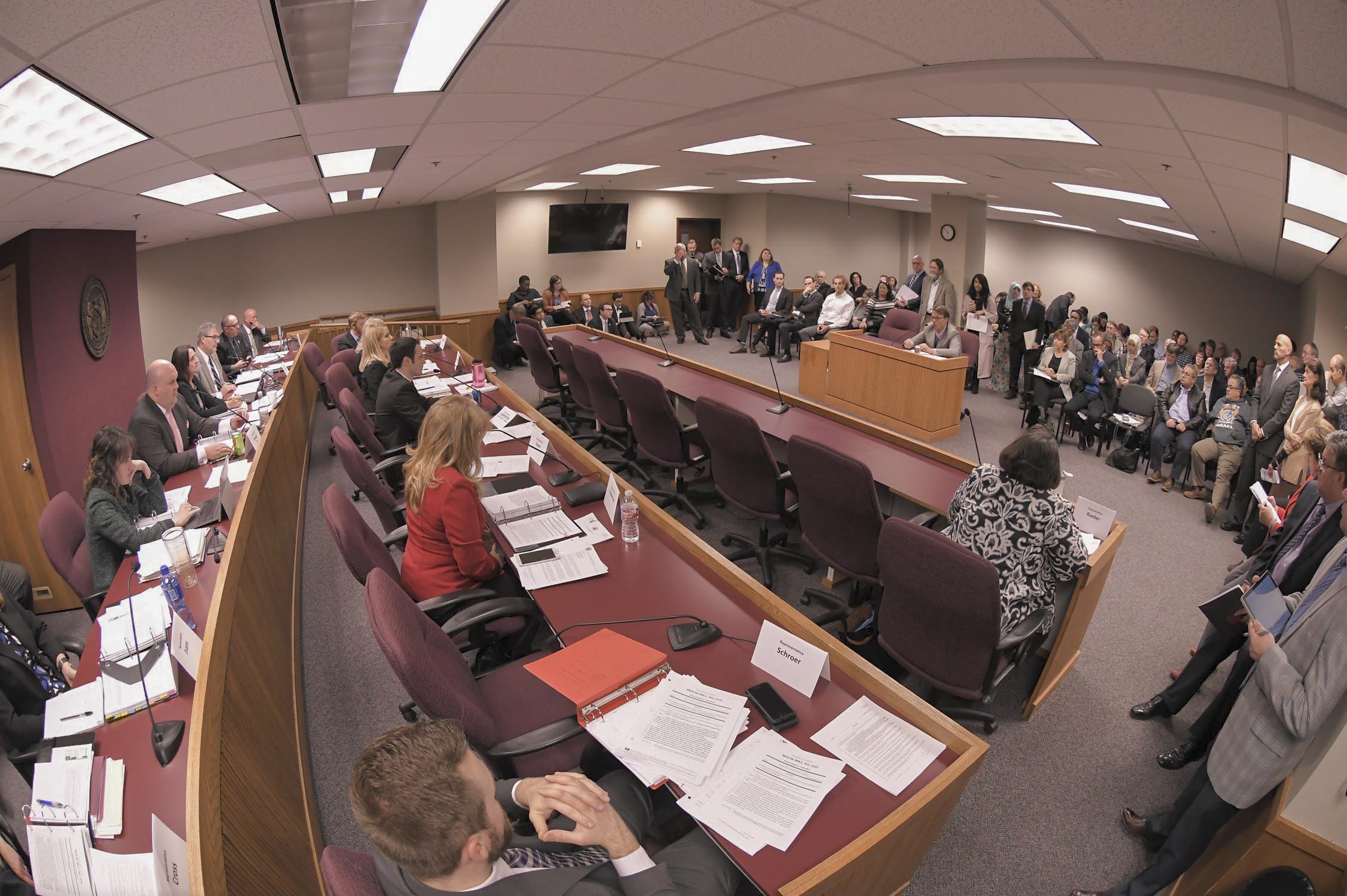The state House’s Speaker is asking his colleagues to bar state and local governments from contracting with any company that is boycotting Israel.

Speaker Todd Richardson (R-Poplar Bluff) is sponsoring only one piece of legislation this year: House Bill 2179. It would prevent any public entity in Missouri from entering into contracts with such companies. It’s being called the, “Anti-Discrimination Against Israel Act.”
Richardson told the House Committee on General Laws the bill is a push-back against the Boycott, Divest, and Sanctions movement (BDS movement) against Israel. Richardson says the U.S., and Missouri in particular, have strong economic ties to Israel.
“I think there is a belief, and I think rightly, that while some people that may sympathize with the BDS movement may do it legitimately and with good intention, but at its core the BDS movement seeks the economic destruction of the State of Israel,” said Richardson. “I think it’s been the longstanding public policy in the United States, and certainly here in the State of Missouri, that the State of Israel legitimately exists. It’s existed legitimately and been internationally recognized for more than 70 years and those efforts to seek to destroy it are something that we shouldn’t be supporting.”
St. Louis representative Peter Merideth (D) asked whether the bill sets a precedent for the state to take a position or action against those who participate in protests.
Richardson said he would not support something to the extent of the position Merideth posed, and said his bill addresses a unique situation.
The bill was the subject of two hours of testimony.
Andrew Rehfeld of the Jewish Federation of St. Louis said BDS seeks to end the existence of Israel, and said that’s why the Federation supports HB 2179.

Naveen Ayesh told lawmakers the BDS movement is a peaceful attempt at changing oppressive Israeli policies she said she has experienced first-hand. She argued HB 2179 would be unconstitutional.
The committee voted 12-1 to advance HB 2179, with Representative Merideth casting the lone dissenting vote. It faces one more committee, which will vote whether to send it to the full House for debate.